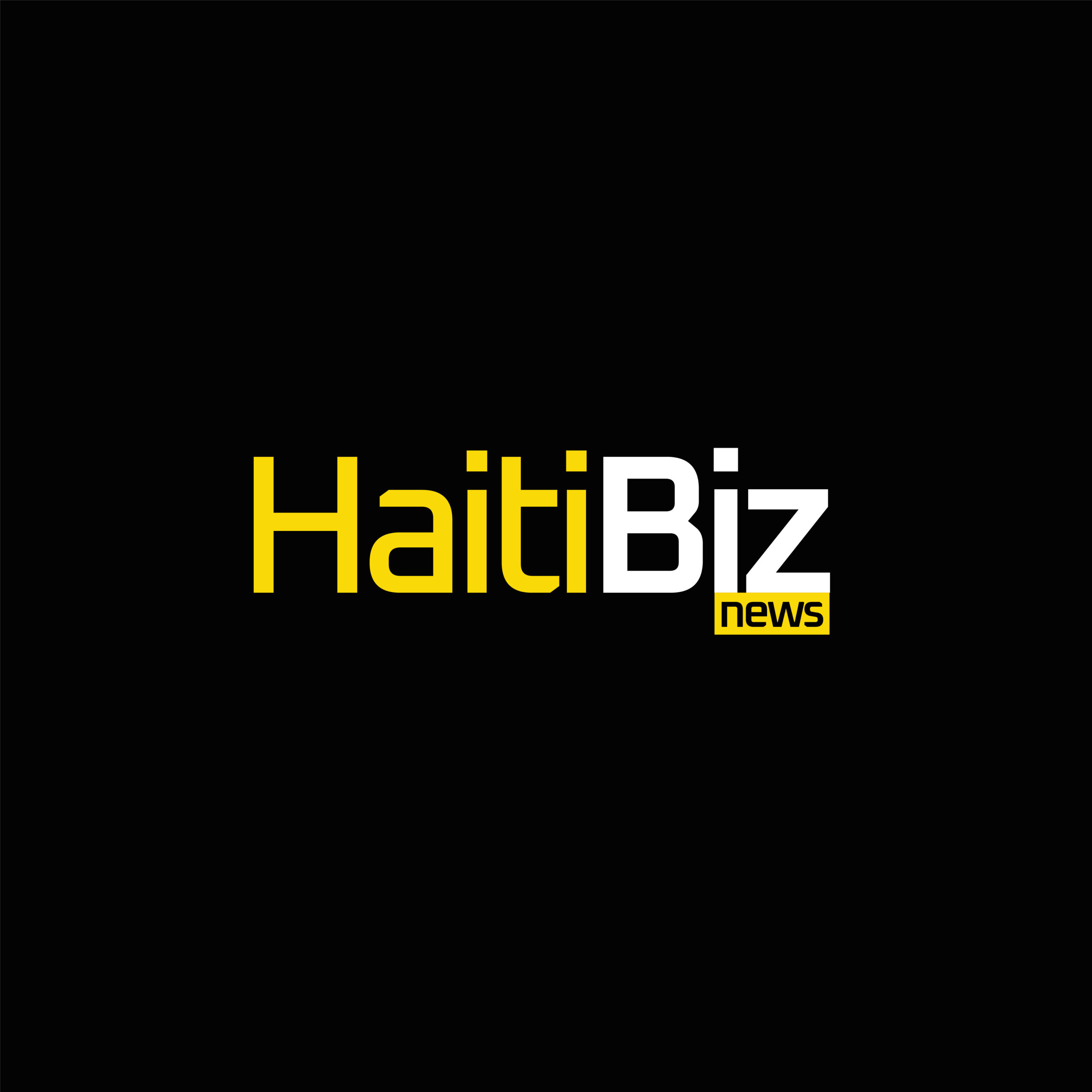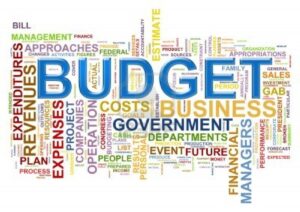Not a cent for the Haitian state between October 2020 and June 2021, will the international community come to the aid of the victims?
The Ministry of Economy and Finance (MEF) published the Table of State Financial Operations (TOFE) for the first three quarters of the 2020-2021 fiscal year, specifically the period from October 2020 to June 2021.
Importantly, there was not even a gourd in the section of external donations during this period.
International institutions were unwilling to finance Haitian government projects because of disagreements over governance and public finance management.
However, budget support and project aid grants were estimated at 29.9 billion gourdes in the 2020-2021 budget.
Will the earthquake of August 14, 2021 change the minds of international donors?
According to the information contained in the TOFE, monetary financing decreased from 22.7 billion gourdes in the first quarter to 10.5 billion in the second and 7 billion in the third quarter.
In May 2021, it was rather the government that had repaid the BRH an amount of 3.4 billion gourdes.
Commercial banks have also financed government spending through the purchase of government securities. In the first quarter, the Haitian state had issued securities to commercial banks for an amount of 34.2 billion gourdes, in the second, a total of 25.8 billion gourdes and in the third quarter, the total value of the securities amounted to 22.7 billion gourdes.
In total for the three quarters of the fiscal year, government securities issues totaled 82.7 billion gourdes, up 130% from the same period last year. For their part, the amortizations for the nine months totaled 90.1 billion gourdes, up 234% over one year to settle at net financing of -7.3 billion gourdes.
Figures that clearly show that the country does not have the financial means to come to the aid of all victims of insecurity and the 2021 earthquake.
Funding will have to be found to help the victims. Help from the international community will be welcome. Above all, better management and coordination will be needed in relation to the earthquake of January 12, 2010.
There’s also the Budget deficit of more than 40 billion gourdes in the 3rd quarter

The latest note on the monetary policy of the Bank of the Republic of Haiti (BRH), (3rd quarter of the fiscal year: April to June 2021), reveals that at the national level, economic activity continued to suffer socio-political unrest and the deterioration of the country’s security climate to which has been added the upsurge in Covid-19 cases.
Regarding the external sector, until April 2021 the BRH reported an increase of 21.60% of imports and 8.16% of exports for the first 7 months of the fiscal year compared to the same period of the previous year which led to a deterioration of 26.28% of the trade balance over this period.
During the third quarter, the public finances situation deteriorated further due to the inability of the State to raise revenue in a context of deteriorating business climate. Thus, the evolution of the public finance situation resulted in a budget deficit partially financed by the BRH for an amount of more than 40 billion Gourde (40,224,780,000 Gourdes in June 2021) against a little over 34 billion ( 34,037,020,000 Gdes) the previous quarter.
In the short term, the outlook for the Haitian economy remains mixed. The deterioration of the security situation and the socio-political context as well as its impact on production and marketing channels could continue to negatively affect economic activity. As for agricultural production, it could suffer from the depletion of farmers’ meager reserves during the lean season and the potential negative impacts of the hurricane season.
At the same time, the socio-political and security situation risks having a negative effect, once again this year, on the inflow of visitors during the summer period. Likewise, inflationary pressures could be fueled by the continuing upward trend in commodity prices on the international market, especially oil. Moreover, such a situation would risk increasing the country’s import bill and amplifying the shortfall by the state.




